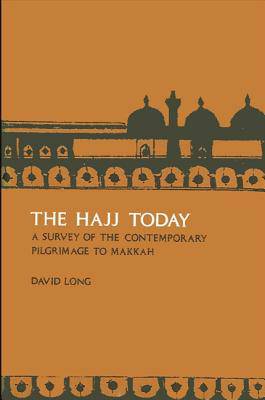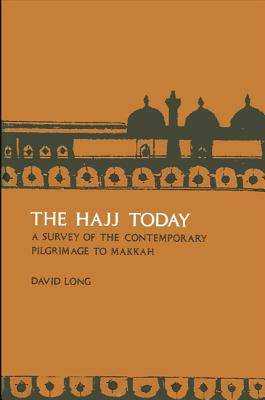
- Retrait gratuit dans votre magasin Club
- 7.000.000 titres dans notre catalogue
- Payer en toute sécurité
- Toujours un magasin près de chez vous
- Retrait gratuit dans votre magasin Club
- 7.000.0000 titres dans notre catalogue
- Payer en toute sécurité
- Toujours un magasin près de chez vous
Description
The Qu'ran admonishes Muslims that "the pilgrimage to the temple is an obligation due to God from those who are able to journey there." Today over one and a half million pilgrims annually fulfill this Fifth Pillar of Islam, the Hajj. Saudi Arabia conquered the Hijaz in part to protect Hajjis from abuses in the management of the Hajj. How does that country now administer the religious event that brings so many people, often poor and illiterate, into one small area to perform a variety of complex rituals? How does the government protect its visitors' health and safety, and ensure their proper guidance through the necessary rites? How does it move so many pilgrims in and out of what is essentially an out-of-the-way desert?
David Long has set this thoughtful examination of the twentieth-century Hajj within its historical framework. He first provides a clear, concise description of the rituals either necessary or traditional to the proper performance of the Hajj; he then relates how the inhabitants of Mecca used to manage the pilgrimage and finally, relates how the new Saudi rulers gradually brought the Hajj service industry under government regulation. Today there is probably no agency of the Saudi government which is not at least tangentially concerned with the Hajj. Only in the area of health did there exist a history of public management. By the early nineteenth century it had become all too clear that the Hajj served to carry diseases endemic to the Orient to Europe, and by the end of that century health and quarantine procedures were under international control. Today the Saudi government has sole control of these matters. Oil revenue vastly exceeds Hajj revenues-once a major source of Saudi income-but the Hajj continues to play an enormous role in the religious, social, and political life of the country. And even in economics it structures the Saudi businessman's year and provides part- or full-time employment to more Saudi citizens than does the oil industry.
This volume contains an extensive bibliography, appendixes containing statistical material on recent Hajjs, maps, and a glossary.
Spécifications
Parties prenantes
- Auteur(s) :
- Editeur:
Contenu
- Nombre de pages :
- 180
- Langue:
- Anglais
Caractéristiques
- EAN:
- 9780873953825
- Date de parution :
- 30-06-79
- Format:
- Livre relié
- Format numérique:
- Genaaid
- Dimensions :
- 145 mm x 230 mm
- Poids :
- 371 g

Les avis
Nous publions uniquement les avis qui respectent les conditions requises. Consultez nos conditions pour les avis.






